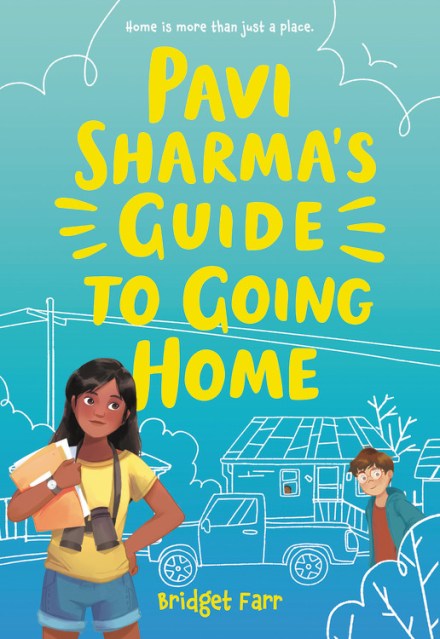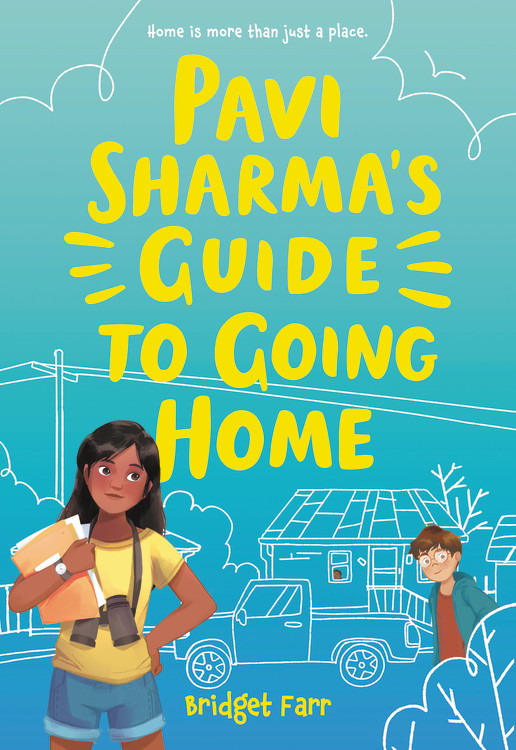Promotion
Use code FALL24 for 20% off sitewide!
Pavi Sharma's Guide to Going Home
Contributors
By Bridget Farr
Formats and Prices
Price
$7.99Price
$11.99 CADFormat
Format:
- Trade Paperback $7.99 $11.99 CAD
- ebook $7.99 $9.99 CAD
- Audiobook Download (Unabridged)
This item is a preorder. Your payment method will be charged immediately, and the product is expected to ship on or around September 15, 2020. This date is subject to change due to shipping delays beyond our control.
Also available from:
Twelve-year-old Pavi Sharma is an expert at the Front Door Face: the perfect mix of puppy dog eyes and a lemonade smile, the exact combination to put foster parents at ease as they open their front door to welcome you in. After being bounced around between foster families and shelter stays, Pavi is a foster care expert, and she runs a “business” teaching other foster kids all she has learned. With a wonderful foster family in mom Marjorie and brother Hamilton, things are looking up for Pavi.
Then Pavi meets Meridee: a new five-year-old foster kid, who is getting placed at Pavi’s first horrendous foster home. Pavi knows no one will trust a kid about what happened on Lovely Lane, even one as mature as she is, so it’s up to her to save Meridee.
With help from Hamilton, brooding eighth grader Santos, and Hamilton’s somewhat obnoxious BFF Piper, they set off on an important mission with life-changing stakes. Pavi will stop at nothing to keep Meridee safe.
-
"Debut author Bridget Farr keeps the story moving swiftly, skillfully weaving in moments of tension that allow her diverse cast of flawed yet sympathetic characters to shine."Publishers Weekly
-
"Well imagined [and] undeniable appeal."Booklist
-
"A fresh, feel-good story that will make readers cheer and appreciate the home and family they may take for granted."School Library Journal
- On Sale
- Sep 15, 2020
- Page Count
- 272 pages
- Publisher
- Little, Brown Books for Young Readers
- ISBN-13
- 9780316491051
Newsletter Signup
By clicking ‘Sign Up,’ I acknowledge that I have read and agree to Hachette Book Group’s Privacy Policy and Terms of Use







